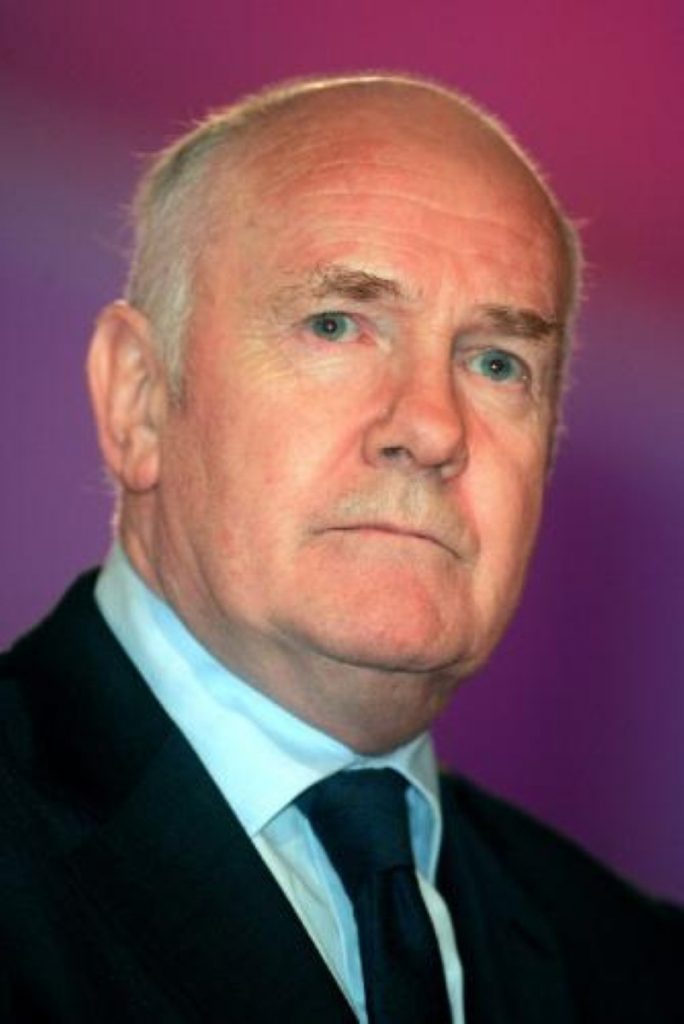Reid: Probation service not working well
The probation service is not working as well as it should and in some areas its performance is not up to standard, home secretary John Reid has said.
Speaking today from the Wormwood Scrubs prison, Mr Reid also outlined plans to bring the private and voluntary sectors into the probation service.
But the problems go beyond “structural flaws”, he told inmates and prison workers, adding that the probation service “needs a rejuvenation, a reinvigoration, putting back a bit of the passion into the cause in which we are all serving, so that you become valuable members of society”.
“To be frank, the probation system is not working as well as it should,” Mr Reid said.


“There are some areas where performance isn’t good enough.”
Mr Reid highlighted problems with dangerous offenders not being properly supervised, saying too much money was going on report writing and not enough on practical help. Re-offending rates were too high and showed no signs of significant improvement, he added.
“Protecting the public and turning offenders lives around is non-negotiable,” the home secretary asserted.
“I’m committed to focusing resources on what we can prove will really make a difference – like drug abuse treatment and basic skills education.”
But this was not enough, and Mr Reid called for more involvement from the voluntary sector to bring back innovation to re-invigorate the rehabilitation process.
“We need to bring the voluntary sector back to centre stage as an equal and these days, equally professional, partner in supervising and rehabilitating offenders when they leave prison and in the community,” Mr Reid said.
“This year and next year I have given every local area a target of doubling and then doubling again the proportion of services they contract out to ten per cent of probation budgets.
“But I want to go further.”
He said from April 2008, the government intends to pass “the necessary legislation” to see probation services contract out more of their work worth up to £250 million, “on a compulsory basis if necessary”.
However, the Liberal Democrats warned the private sector should not be seen as some sort of easy solution.
“Undoubtedly there is a case for looking at the role of the voluntary and private sectors, especially in non-core areas, but John Reid should not pretend that the private sector can act as a panacea for the problems of dealing with dangerous individuals,” said Lib Dem home affairs spokesman Nick Clegg.
“Probation officers on the whole do a good job in helping to protect the public, and it would be self-defeating if the disruption caused by government reforms weakened rather than strengthened this essential service.”
Probation unions noted that the service was performing better than ever, saying problems were as much to do with resources as the enthusiasm and ability of those employed in the sector.
Harry Fletcher, assistant general secretary of probation workers union Napo, commented: “The probation service has been set over 30 targets by this government.
“It is performing better than ever at all levels, indeed many targets are exceeded.
“The probation service does not have the resources or the authority to offer 24-hour surveillance of those offenders thought dangerous.”
He added: “The home secretary needs to look at why if prisoners are deemed dangerous or are a risk to the public they are being released in the first place.”

